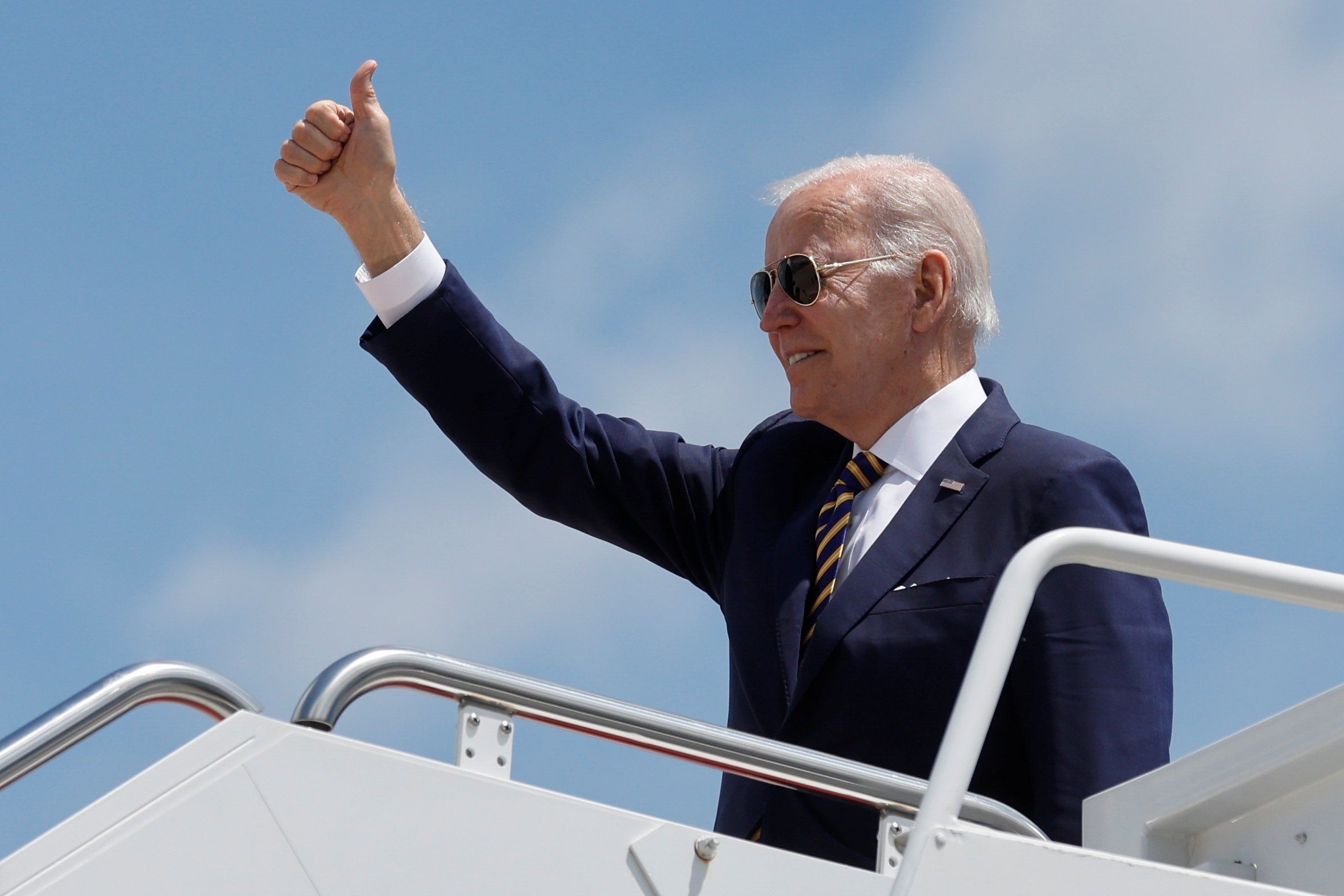US President Joe Biden will head to Asia on Thursday, making two crucial diplomatic stops in India and Vietnam.
Why India? Biden will visit India – or should we say “Bharat” – for the G20 summit, which will be attended by a host of global heavyweights, though notably not China’s Xi Jinping or Russia’s Vladimir Putin.
Biden’s agenda will largely focus on World Bank reform in hopes that countries in the Global South come to see Western-led lending organizations as preferable to Chinese-driven institutions.
Meanwhile, as was the case with previous gatherings in recent months, India’s PM Narendra Modi will likely try to shift the conversation away from Ukraine to cover issues that, he says, are of greater importance to countries in the Global South. (For instance, Modi recently proposed that the African Union be made a full member of the G20.)
Biden will then head to Vietnam as Washington seeks closer ties with Hanoi in a bid to build a bulwark against China in the Asia Pacific.
Hanoi, which also enjoys warmish ties with Beijing despite an ongoing maritime dispute, is keen to elevate relations with the US, its largest export market. Indeed, Vietnam has benefited from the deepening trade row between Washington and Beijing, having emerged as an alternative source of supply for US markets.
China, unsurprisingly, is unimpressed, organizing its own high-level visit to Vietnam this week in a bid to shore up “political trust.”